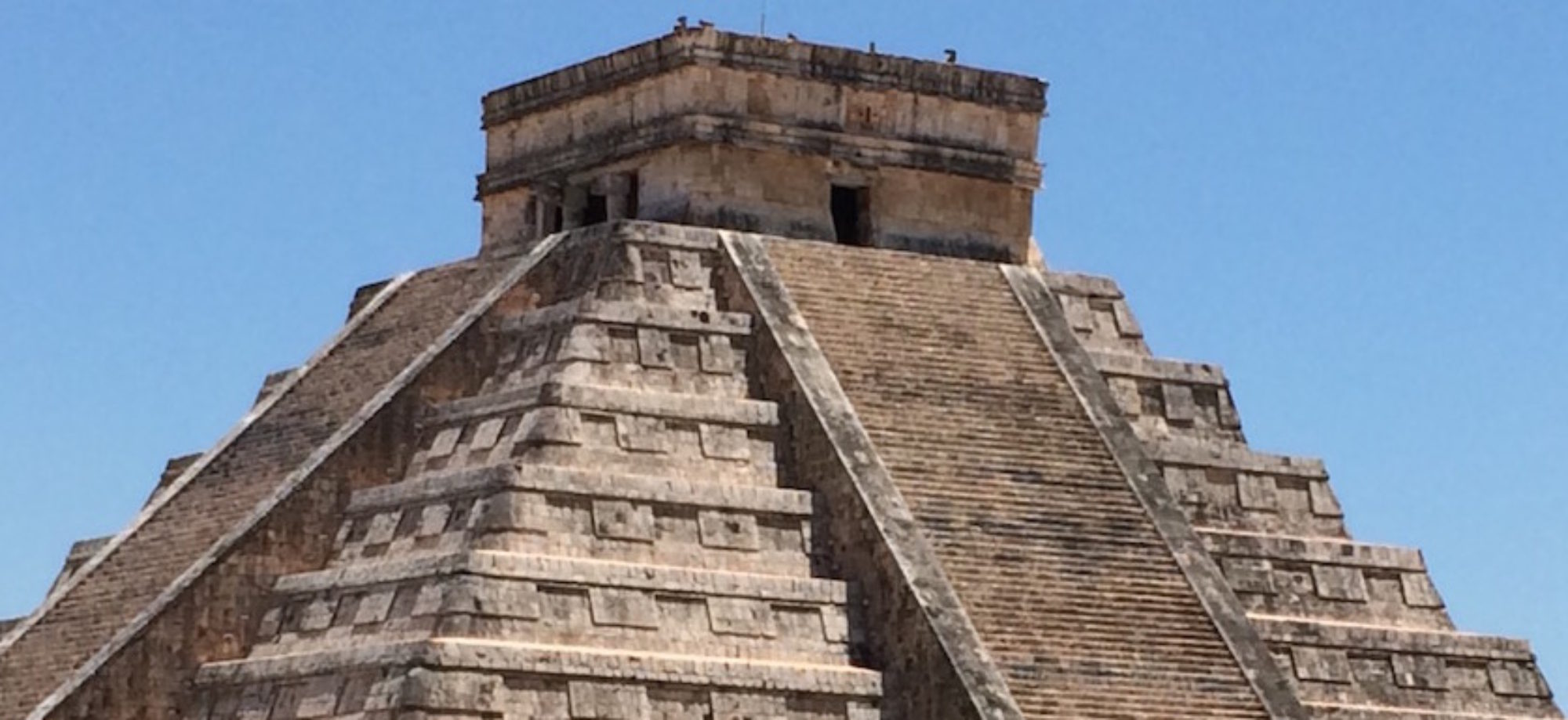February 11, 2017 at the Penn Museum: Raquel Fleskes, Third-Year Ph.D. student in Molecular Anthropology in the University of Pennsylvania: “DNA & the Peopling of the Caribbean”
The Caribbean Islands have been an important nexus for human population movement for many millennia. Archaeological evidence indicates the presence of multiple indigenous communities throughout the region, beginning with the first settlement in 5500 BCE and continuing with the arrival of Columbus in 1492. However, questions concerning the origins and directions of these pre-contact population movements in Central and South America still remain. Historically, the islands have witnessed many atrocities caused by the Spanish encomienda system and the Trans-Atlantic slave trade, with these historical processes leading to the loss of indigenous peoples on most Caribbean islands. Today, genetic evidence is being combined with archaeological and documentary evidence from the Caribbean to illuminate pre-contact migrations and population dynamics. Genetic diversity in present day populations can give clues into past population movements. Research at the Penn Lab of Molecular Anthropology has contributed to an understanding of this history through genetic studies in Puerto Rico, the Dominican Republic, St Vincent, Trinidad and Bermuda, all of which have or will relate genetic diversity on these islands to specific island histories and that of the Caribbean at large. Ancient DNA studies are also contributing to the story of the pre-contact settlement of the Caribbean by directly assessing the genetic diversity of archaeological individuals through analysis of DNA extracted from skeletal and tooth fragments. This presentation elaborated on the genetic perspectives on the peopling of the Caribbean, probing into larger questions on the possible source of pre-contact populations in Central and South America.
Raquel Fleskes is a third-year Ph.D. student studying Molecular Anthropology in the University of Pennsylvania. Her primary research interest is using genetic methodologies to understand human migration events in the past, including both modern and ancient DNA samples. Over the past year, she has analyzed genetic diversity in contemporary Puerto Rico populations as part of the Genographic Project. Her current project focuses on studying 17th century British migration to the North American Chesapeake colonies through the analysis of DNA extracted from archaeological individuals and their descendent communities.

